‘Israel’s demolition of water, sanitation and hygiene infrastructure threatens Palestinians' right to life’
Israel’s demolition of Palestinian water, sanitation and hygiene infrastructure threatens the lives and livelihoods of hundreds of Palestinian women, men, and children in the occupied Palestinian territories, according to the Wash Cluster group.
In a factsheet published on Tuesday, the Water, Sanitation and Hygiene (WASH) Cluster said 28 demolition incidents have occurred against 46 Palestinian WASH structures since the beginning of 2021, displacing 266 people, including 146 children and affecting 794 people.
According to the factsheet, during a one-month period, three mass demolitions took place in the communities of Humsa Al Bqai’a, Ras At Tin, and most recently Ibziq, representing an increase of 40 percent destruction compared to the same period in 2020, and an increase of 300 percent in terms of people affected.
“Palestinian communities in ‘Area C’ face daily challenges accessing safe and affordable water due to the lack of permits to construct and connect to water networks,” it said, adding, “By demolishing WASH infrastructure and preventing communities from accessing water, the lives and livelihoods of hundreds of women, men, and children are under threat, which is compounded by COVID-19 and an intense heatwave.”
The WASH Cluster noted that the demolition of water pipelines, storage tanks, and cisterns deepen the water vulnerability of the affected communities, with families becoming unable to secure the minimum quantities of water for their drinking, domestic and livelihood needs, considering that water is critical to livestock breeding.
It added, “Moreover, the confiscation of mobile water tanks and access restrictions prevent affected people and their surrounding communities from purchasing trucked water to satisfy their basic water needs. As a result, many households have run out of solutions and coping mechanisms and are often forced to leave their land searching for safe water sources for their families and livestock as a matter of survival.”
According to the factsheet, following the demolition of Humsa Al B’qaia, the international community witnessed restrictions placed on the delivery of humanitarian assistance despite the imminent risk to life faced by the community members, particularly the 24 children directly affected.
A resident from Ras At Tin community said that in the last incident, “all our water storage units were demolished. Currently, even if we arrange to purchase expensive trucked water, we don’t have sufficient storage capacity to store the water.”
“Therefore, we moved part of our families and livestock to the surrounding communities as we can’t meet our water needs here,” the resident added.
In conclusion, the Wash Cluster called upon the international community to force the Israeli authorities to consider the basic water structures in Area C as necessary humanitarian capital that must not be subject to demolition.
It also called upon the Israeli occupation authorities to allow access to humanitarian aid to the affected communities and guarantee the protection of WASH assistance as a lifesaving response, and urged UN Member States to increase their funding to water projects that address the needs of the most vulnerable communities in Area C with capacity building and material assistance interventions that enhance the resilience and quick recovery of these communities.
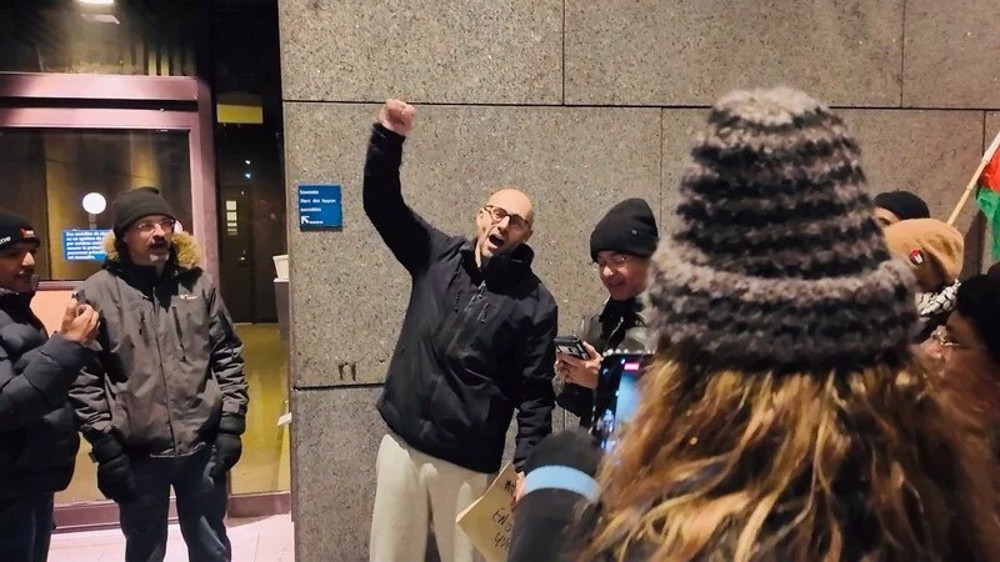
'Shocking attack on free expression': Canadian politician slams arrest of pro-Palestine activist
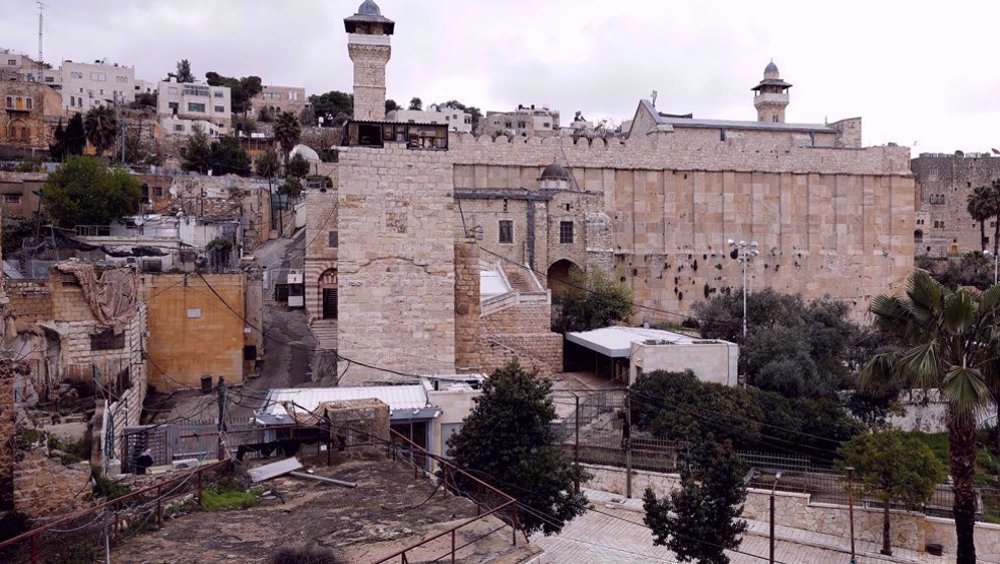
Hamas: Ibrahimi Mosque massacre testament to Israel’s criminal policy
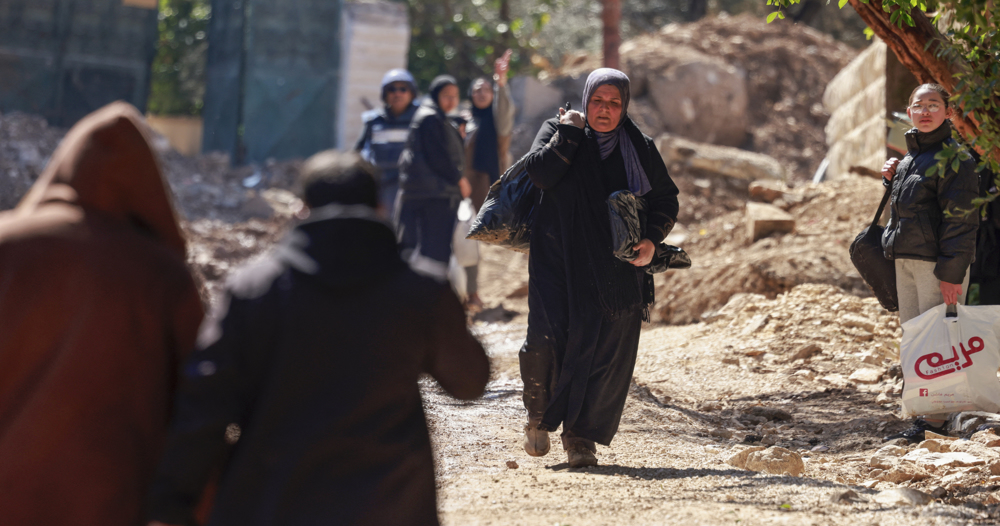
West Bank Palestinians fear Gaza style destruction as Israel escalates raids
VIDEO | Gazans striving to survive with bare hands
'Shocking attack on free expression': Canadian politician slams arrest of pro-Palestine activist
West Bank Palestinians fear Gaza style destruction as Israel escalates raids
Hamas: Ibrahimi Mosque massacre testament to Israel’s criminal policy
Trump eyes Ukrainian rare earth minerals in exchange for military support to Kiev
Six Gaza children, including newborn girl, die of cold weather as Israel blocks aid
Iran rules out nuclear talks with US amid ‘maximum pressure’ campaign
Israeli tanks roll into West Bank first time in 20 years as prelude to forcible annexation


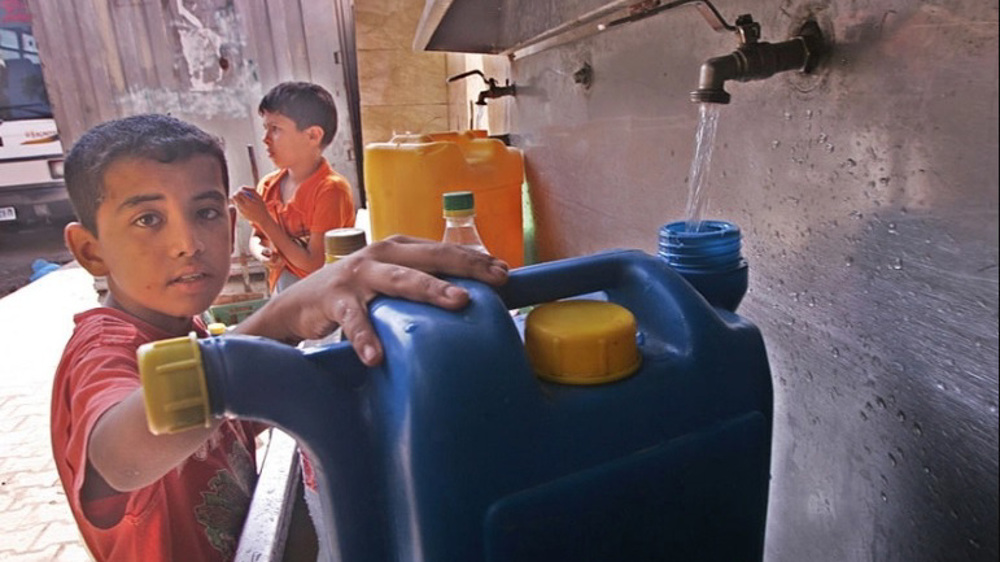
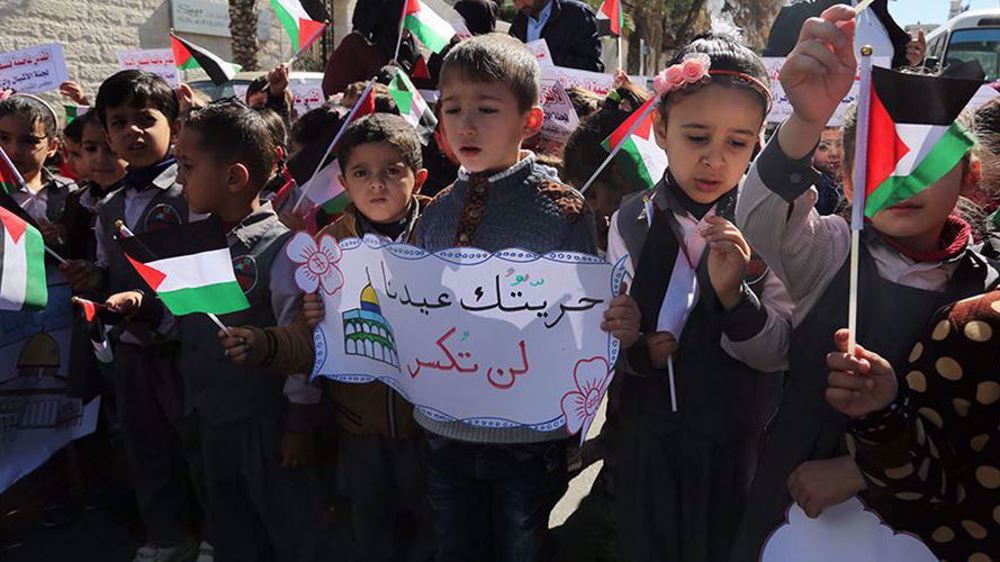
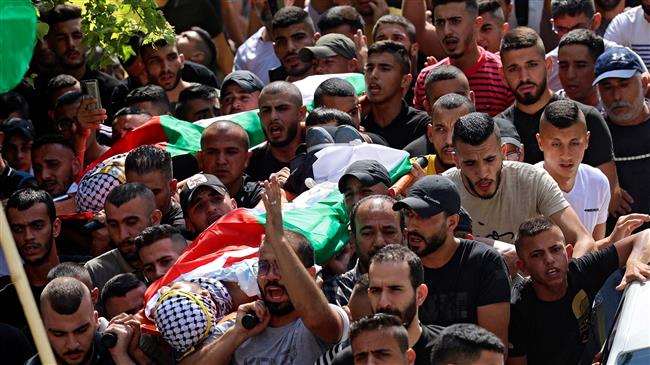



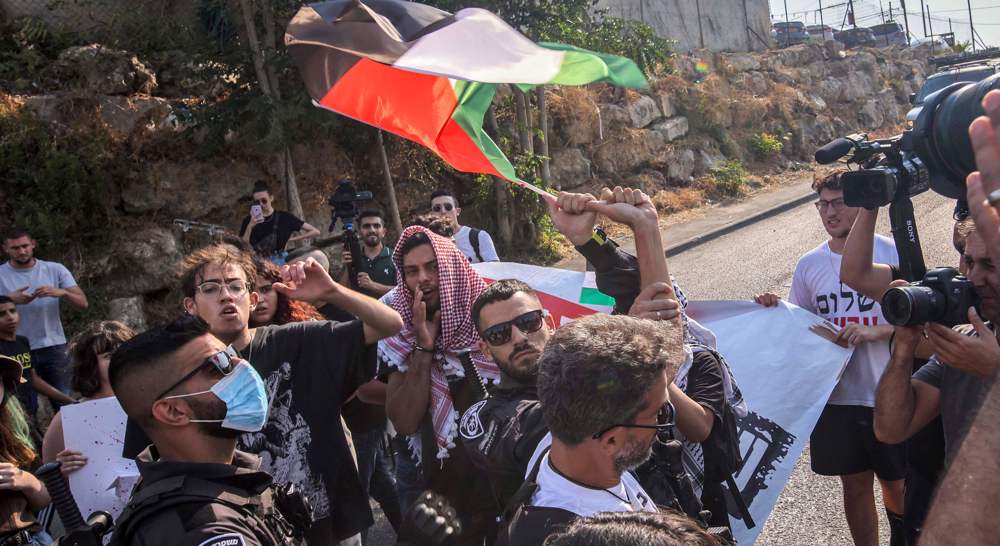
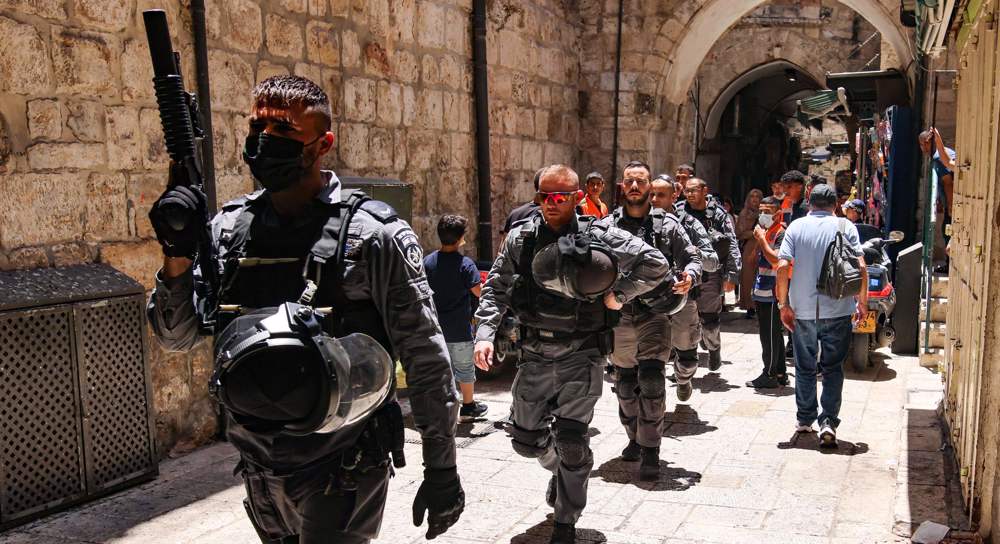
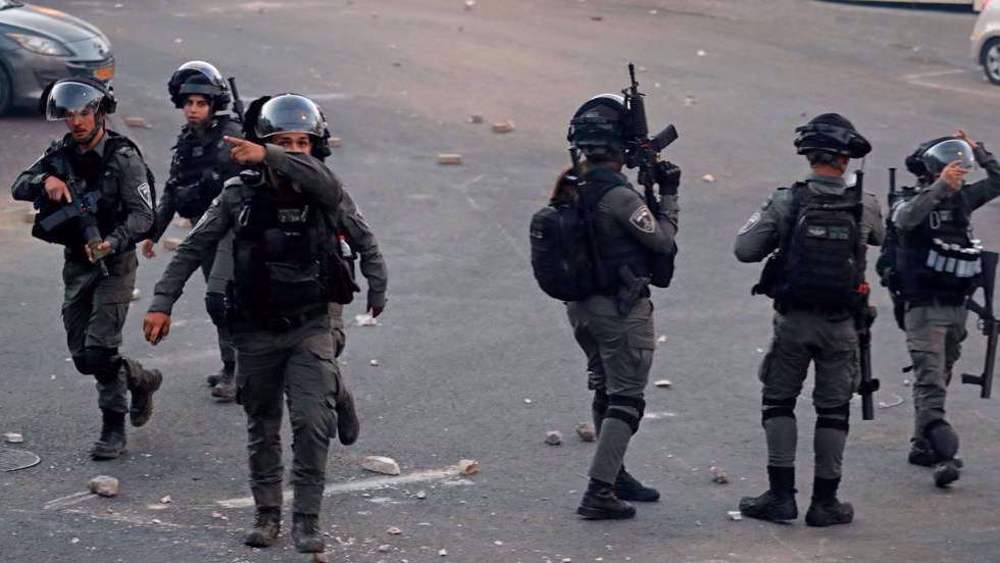
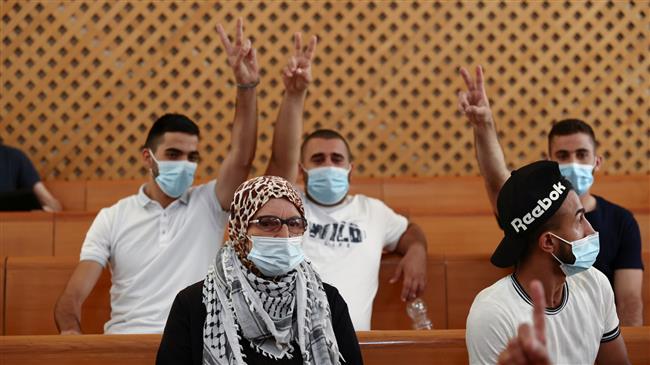

 This makes it easy to access the Press TV website
This makes it easy to access the Press TV website